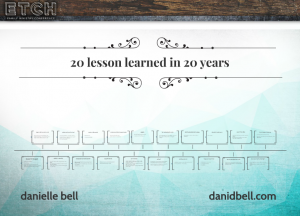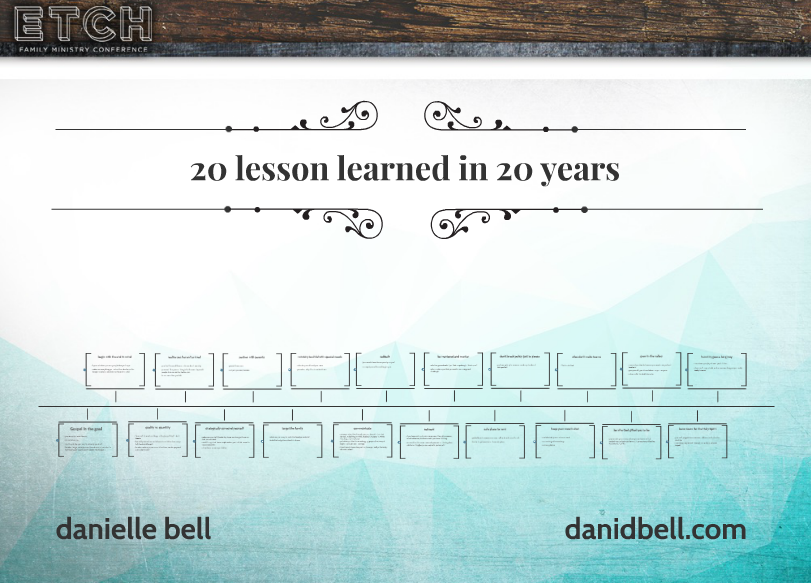repost for cpc friends
twice a year i teach a two week Gospel class for children that are seeking answers to what it means to be a Christian. at recent workshops i have taught several people have asked for the outline of this class. i thought it would be easiest to share the information here. this will be a three part series. here is what will be covered in each post:
part 1 – the what, how, and guidelines for the class
part 2 – what is covered the first week of class
part 3 – what is covered the second week of class.
 the entire class is based on the amazing resource from the Gospel project kids curriculum, “the Gospel God’s plan for me.” you can learn more and purchase “the Gospel God’s Plan for me” booklets here. each participant receives this booklet week one to take home and read with an adult.
the entire class is based on the amazing resource from the Gospel project kids curriculum, “the Gospel God’s plan for me.” you can learn more and purchase “the Gospel God’s Plan for me” booklets here. each participant receives this booklet week one to take home and read with an adult.
here is the heart behind the class –
i believe that parents want to be an active part in leading their children to Christ. i also find it incredibly rewarding when a child prays to receive Christ with their parent/guardian/grandparent instead of me. so i began to wonder, how can i partner with parents/guardians to help them talk about the Gospel with their children and begin to understand if their child is ready to make this commitment of faith? i want authentic interaction between parent/guardian and child, because we often know that as kidmin leaders, we get sunday school answers. parents/guardians know their kids best, so i wanted to give them a chance to grapple with the Gospel truths. this is the very reason why i require an adult to attend each class with their child.
the model of the class –
during the class we study the five truths outlined in “the Gospel God’s plan for me.” i teach each truth straight from God’s Word. (i even have them turn to the scriptures in the Bible and mark them.) children and adults then experience each truth through engaging, hands-on activities. lastly, the children and their adult discuss each truth. i provide several questions and while i have their captivated attention, i have them turn to one another and discuss these truths just taught and experienced in a safe setting.
when the class is offered –
i have traditionally offered the class on sunday evenings at five, but due to busy schedules i have moved the class our early service time on sunday mornings. parents seem to like the class in the mornings. they can attend my class and still attend small group and one of our other two worship services.
here are the links to part 2 and 3 in this series.
part 2 – what is covered the first week of class
part 3 – what is covered the second week of class.




















